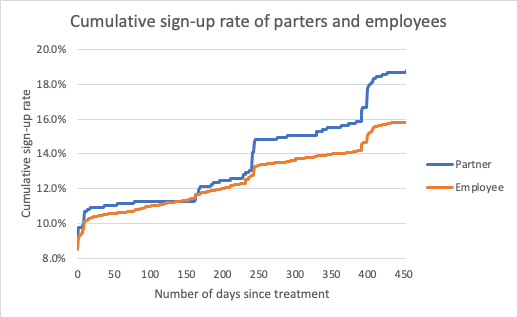Key Takeaways
- Gamified employee training offers demonstrable improvements over traditional methods concerning course completion, employee knowledge retention, and office-level performance outcomes.
- Firms that introduced gamified training and successfully implemented it saw several benefits, including the retention of more clients, added clients, and increased revenue.
- The benefits of gamified employee training are most substantial in offices where leaders are highly engaged with the training initiative and nurture employee participation or in offices where employees are already motivated to improve their performance.
Adapted from “Learning or Playing? The Effect of Gamified Training On Employee Performance” by Ryan W. Buell of Harvard Business School, Wei Cai of Columbia Business School, and Tatiana Sandino of Harvard Business School.
Research
According to new research, gamified learning, which adds fun, game-like aspects to educational activities, can be highly effective in employee training. Research data shows that gamified training supports the efficient acquisition of new concepts, amplifies problem-solving skills, and helps employees connect the dots between specific actions and positive business outcomes. In addition, researchers found that these types of engaging training experiences have produced demonstrable impacts
on office performance, with office-level results showing added clients and increased client retention after gamified training. Yet the success of gamified training depends on employee engagement and the ability or willingness of leaders to inspire and nurture employee use of gamified training tools.
“In the first specification, the implementation of the system increased fees collected by 35.8%, number of clients by 16.3%, and number of opportunities from new clients by 22.3%. In the second specification, the implementation of the system increased fees collected by 27.1%.”
Employee engagement with gamified training at a firm, whether preexisting or inspired by their leader’s training use, occurred with:
- An increased likelihood of more engagements with clients that would generate revenue
- The addition of new clients
- An increase in revenue from existing clients

The below graph plots the cumulative sign-up rate of partners (blue line) and employees (orange line) each day after the implementation of the gamified training platform. The x-axis is the number of days since the implementation. The y-axis is the cumulative sign-up rate. The x-axis ends at 450 days since treatment because nobody signs up after that.
Because employee and leader engagement can be challenging to gauge and has a meaningful impact on the performance and revenue results derived from gamified training, the researchers suggest several points to consider:
Engagement is essential
Leaders must show employees the value of gamified training to inspire engagement. Still, they must also ensure that employees are ready to work with new tools by gauging their willingness to log on and their desire to improve their performance. In the absence of employee motivation, leaders should adapt training to focus on overall engagement in addition to training.
Leaders inspire engagement
Leaders can play a central role in drawing them into fun activities that are also valuable training. The best results occur when leaders and employees are highly engaged.
Patience is critical
Performance improvements may take time but may gradually materialize as employees engage with the platform and develop their skills over time.
Conclusion
Gamified training effectively delivers educational experiences that employees enjoy and translate into improved performance. Even for a less-engaged workforce, incorporating game elements such as challenges, rewards, and competition can stoke employee engagement and deliver powerful performance results, provided that leaders are committed to inspiring employees to learn through play.


